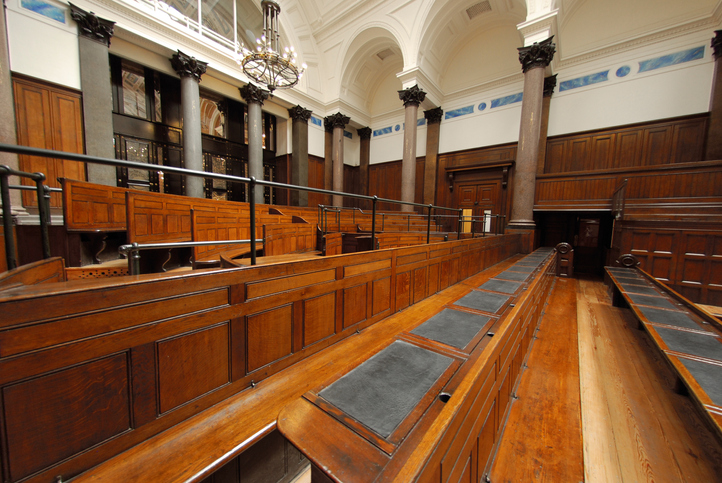If the person who is accused of committing a crime (the defendant) says they didn’t do it, there will need to be a trial to decide the truth. People in the court hear both sides of the argument and then decide whether or not the defendant is guilty. They can only make this decision by listening to the evidence of witnesses like you.
The police will contact you to tell you if you need to go to court to give evidencebut sometimes the situation changes, even on the day of the trial. The defendant may change their mind, agree that they broke the law and plead guilty – in which case the magistrate or judge will say that you don’t have to give evidence after all, and you can leave.
Sometimes there can be other problems. A witness may be ill or may not be able to come to court that day, or information needed by the court may not be ready in time, so the trial may have to be put off to another day. Sometimes these problems happen once the trial has already started; if they are serious problems the court may decide that the trial has to stop, and that the witnesses (and sometimes the defendant) are free to go home.

